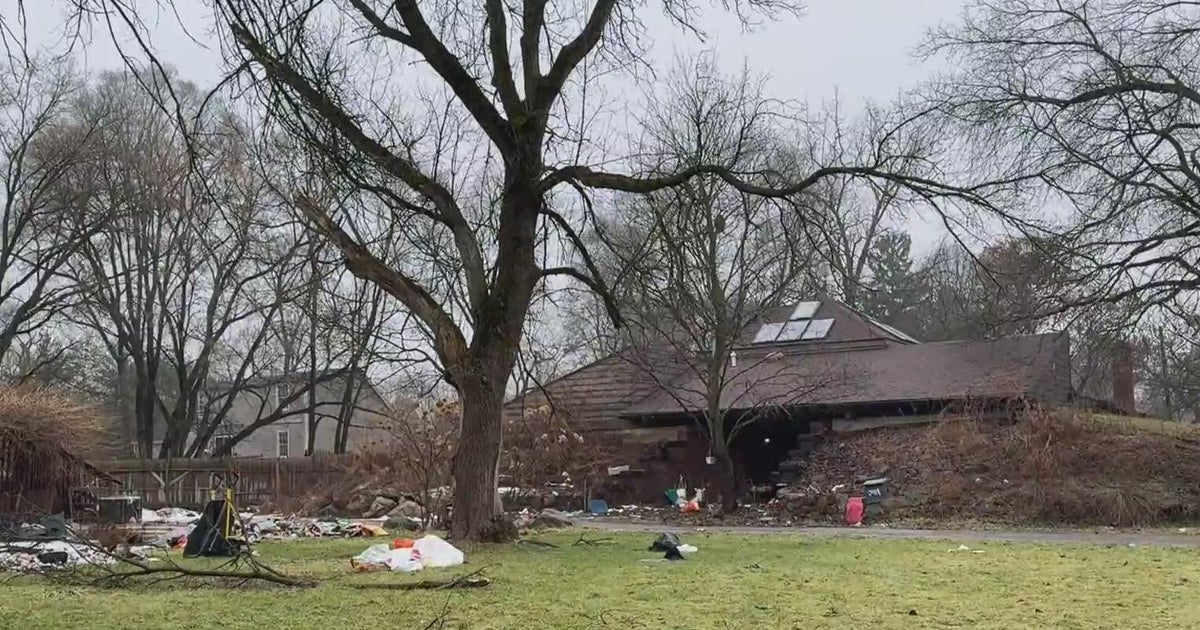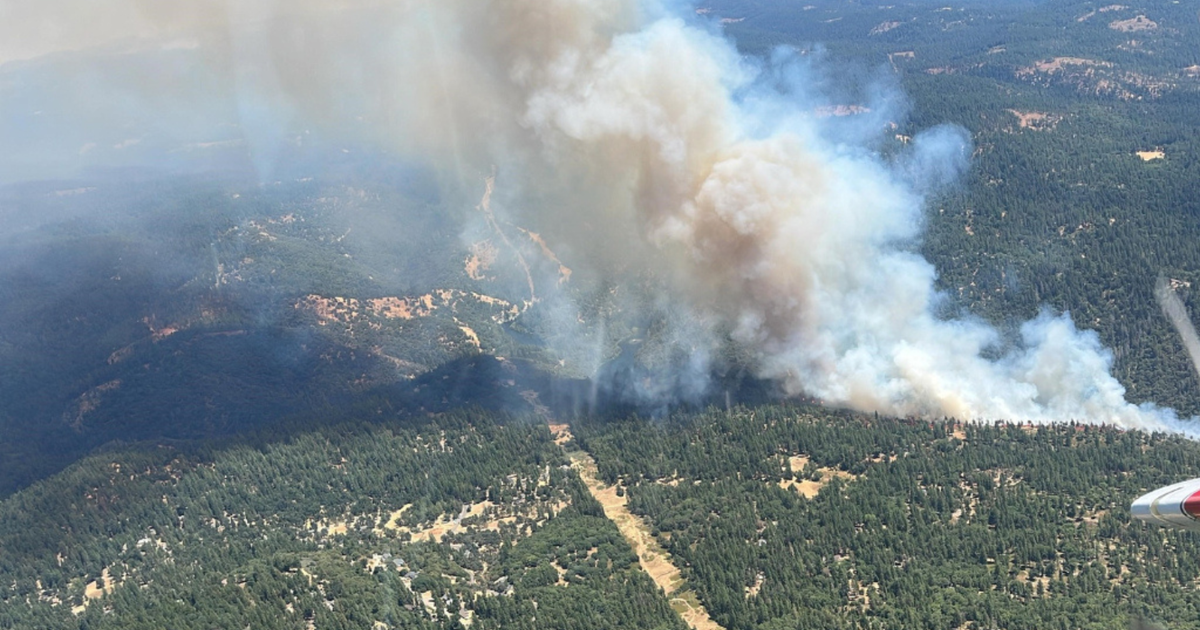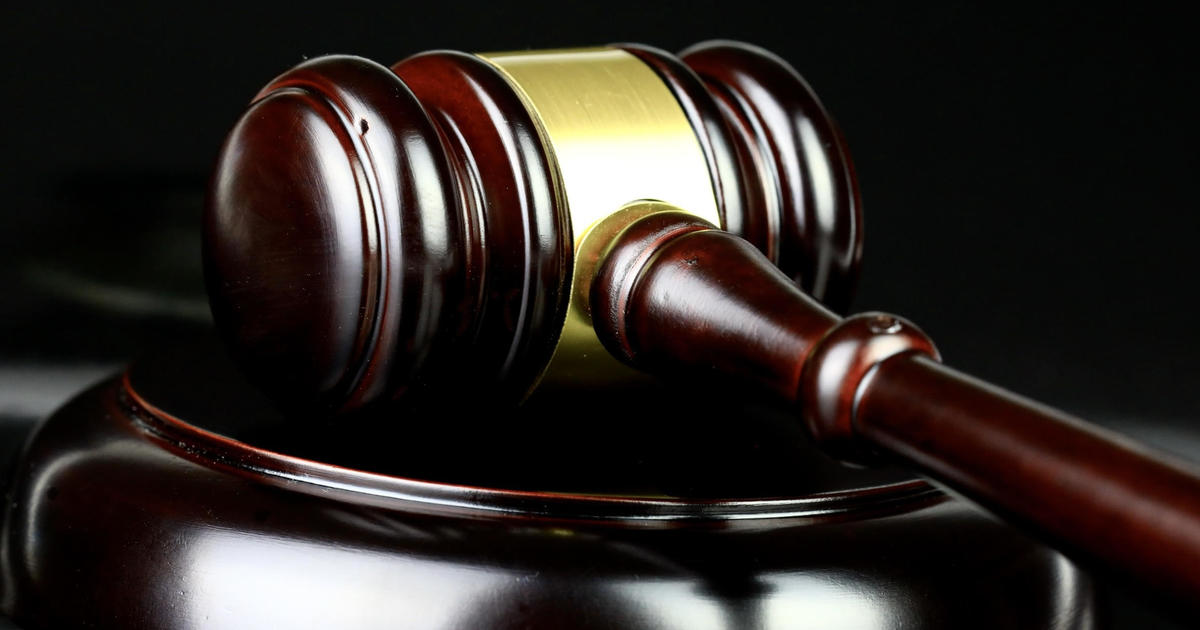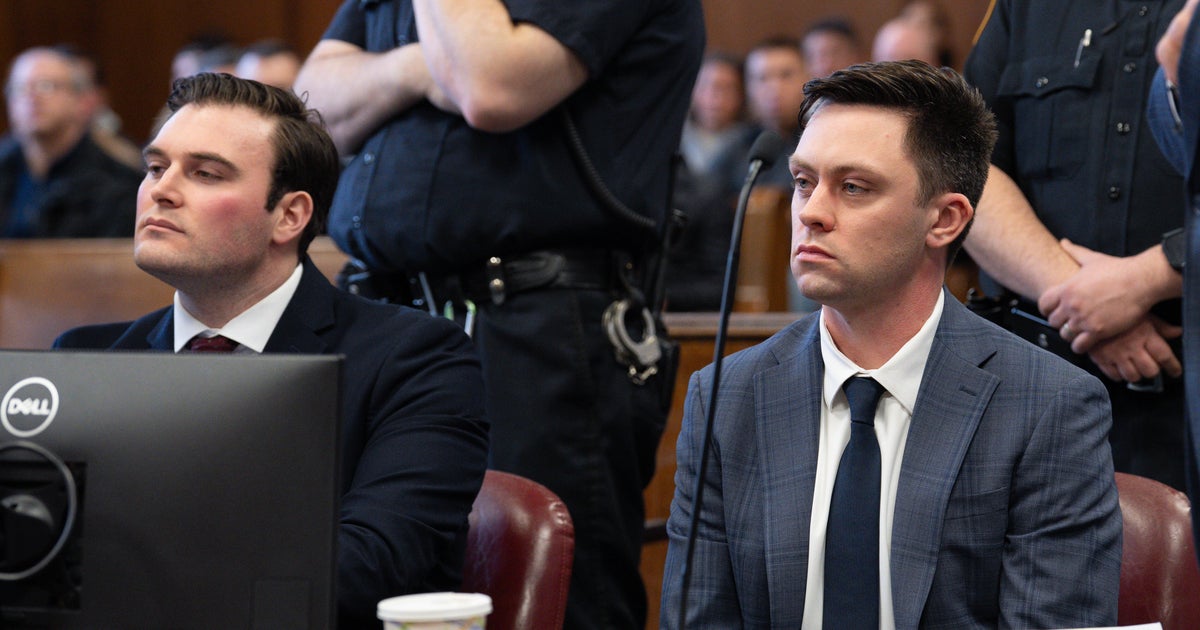Firing State Employees Would Be Easier Under New Bills
By Michael Gerstein, Associated Press
LANSING (AP) - Republican House Speaker Kevin Cotter announced a plan Thursday that would grant more authority for government officials to fire state employees, saying the change is needed to rid state government of bad workers.
Cotter was quick to say that the legislation isn't a reaction to the lead-tainted water crisis in Flint, which has prompted investigations and criminal charges against three government employees accused of evidence-tampering, misconduct and other offenses. Cotter said the way officials in the Department of Environmental Quality responded to the situation is the "most egregious" example of public unaccountability.
"But I want to make very clear: This is not a reaction to that," he said, adding that he has been working on the legislation for a long time.
Democrats and a union official were quick to criticize the two bills, which come as the Republican governor and other state workers are under heavy scrutiny for Flint's public health emergency.
Cotter said the bills would grant managers in state departments the authority to indefinitely suspend lower-level employees without pay. Current law limits such suspensions to five days. Cotter said that allows potentially bad or unproductive state employees to receive paychecks while their job is under review by their bosses.
One bill, a proposed constitutional amendment, would allow the head of a state department to "discipline or dismiss an employee ... for conduct that directly or negatively impacts the department's ability to accomplish its statutory duties in a fair, timely, equitable, and transparent manner."
"This gives our managers the ability to hold their employees accountable," said GOP state Rep. Dan Lauwers, a sponsor of one of the bills.
Gov. Rick Snyder has faced intense criticism since tests showed that Flint's water supply became contaminated after the city, while under a state-appointed emergency manager, switched its water source from Detroit's system to the Flint River to save money in 2014. The failure to provide corrosion control allowed lead to be scraped from the city's aging pipes, leaving some children and other residents with elevated blood levels.
Gideon D'Assandro, a spokesman for Cotter, said protections for civil service workers are why only one employee from the Michigan Department of Environmental quality has been fired. Two others face criminal charges related to the Flint water crisis, but weren't suspended from work until after their charges were announced. Two other DEQ officials resigned.
Whether other DEQ officials should have been fired won't be clear until the criminal investigation is concluded, and the governor is open to reviewing the civil service rules to see if improvements could be made, according to Snyder's office.
"It isn't that it is not possible to discipline or fire state employees, but that it is often a long and drawn-out process," Snyder spokeswoman Anna Heaton said.
Nick Ciaramitaro, legislative director for AFSCME Council 25, said he thinks the bills are a partisan attempt to distract from the fact that Republicans are trying to "take control of the workforce." Ciaramitaro said if Cotter and other supporters believe that managers in state agencies and departments don't have authority to discipline workers, "they have no understanding of the process."
Ciaramitaro said it was "suspicious" that Cotter introduced legislation now, noting that the proposals would ultimately give the state's governor more authority over disciplining state employees.
Democrats were quick to criticize Cotter's announcement Thursday as an attack on hard working civil servants.
"The Governor's own task force concluded that his failed philosophy of government created this man-made crisis, yet Gov. Snyder continues to redirect blame away from the terrible decisions his appointed emergency financial managers and political appointees made," Democratic U.S. Rep. Dan Kildee said in a statement.
Copyright 2016 The Associated Press. All rights reserved. This material may not be published, broadcast, rewritten or redistributed.







